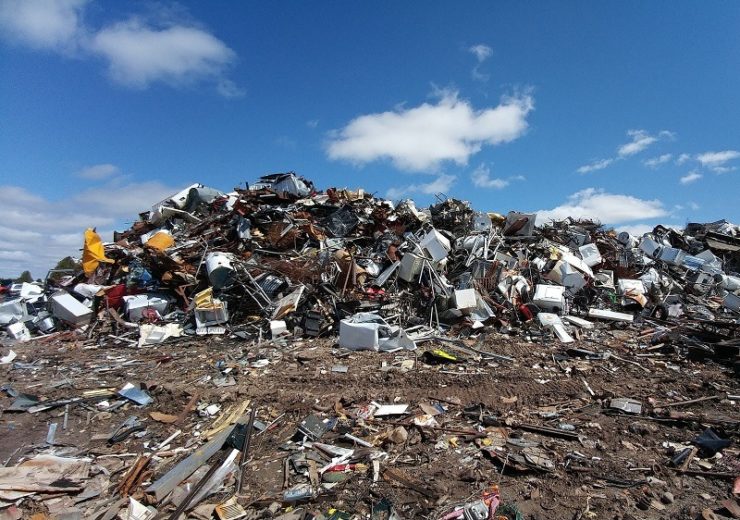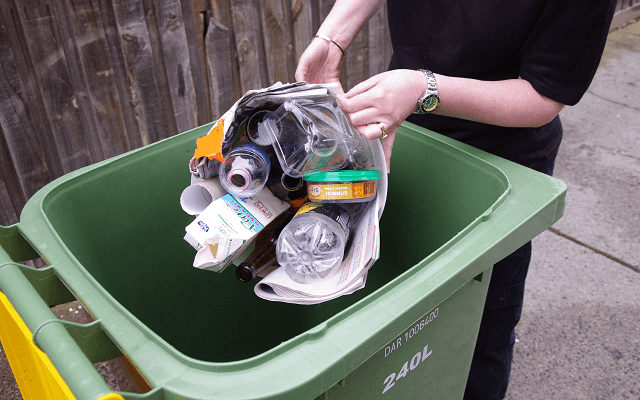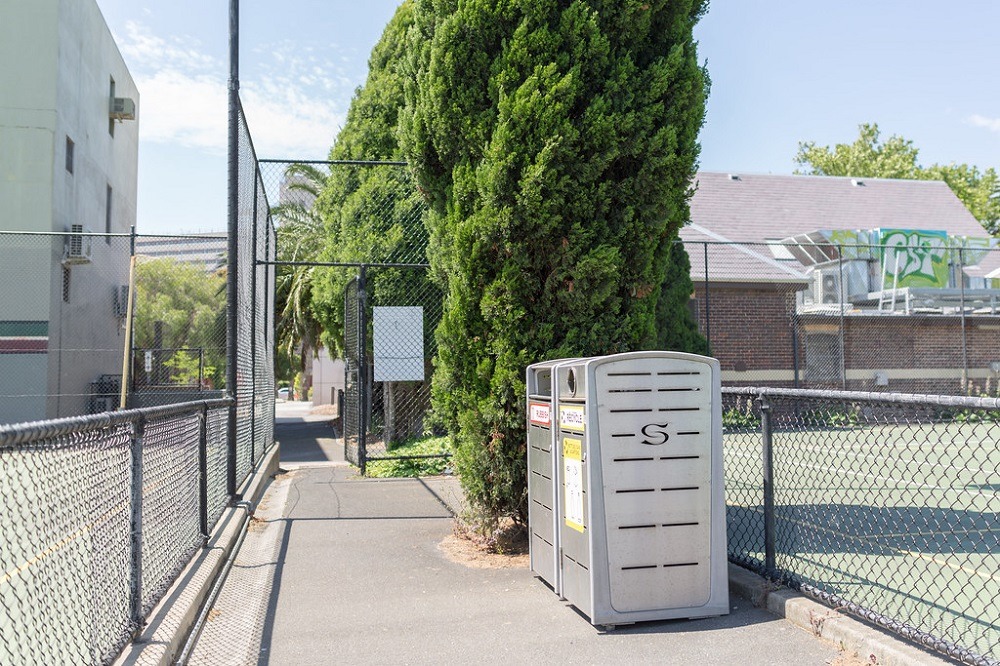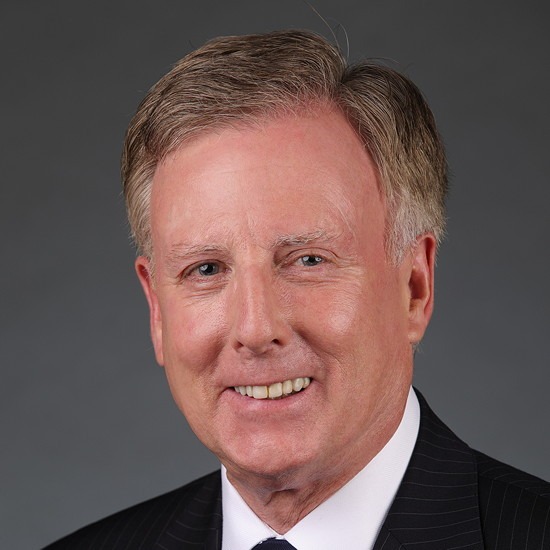The conclusions comes after an audit conducted by the Victorian Auditor-General's Office into waste management agencies in the State

Recycling waste pile (Credit: Pixabay)
Overreliance on exports has left the Australian state of Victoria’s waste management system vulnerable, according to a government audit.
The Victorian Auditor-General’s Office conducted a Recovering and Reprocessing Resources from Waste examination into whether responsible agencies provide the strategic direction, support and effective regulation needed to maximise recovery and reprocessing of resources from the region’s waste streams.
The report audited the Department of Environment, Land, Water and Planning (DELWP), the Environment Protection Authority (EPA) the Metropolitan Waste and Resource Recovery Group (MWRRG), Sustainability Victoria (SV), Banyule City Council and the City of Monash Council.
It said: “Victorian agencies responsible for managing the waste sector are not responding strategically to waste and resource issues.
“As a result, they are not minimising Victoria’s need for landfill, nor maximising the recovery and reprocessing of waste resources – recyclables.
“DELWP has not fulfilled its leadership role to ensure that the state operates under an overarching waste policy.
“In the absence of an overarching waste policy, relevant agencies have also not been able to effectively plan for sufficient infrastructure and markets to manage the state’s waste.
“Recent significant restrictions in the waste export market have brought this issue into sharp focus.
“The DELWP and SV did not identify signals as early as 2013 that China was changing its approach, and that the state’s heavy reliance on exporting recyclables, particularly plastic and paper, left it vulnerable.”
Victoria’s exporting of recycled waste to China
According to data from SV, the state of Victoria exported three quarters of its recovered plastic and nearly half of its recovered paper and cardboard for offshore reprocessing between 2016 and 2017.
Of these figures, nearly all plastic exports and 75% of paper exports went to China in that year.
In 2018, China implemented its Sword Policy, which banned 24 types of solid waste, including various plastics and unsorted mixed paper from being imported.
This followed its 2013 Green Fence initiative, a ten-month policy which set standards to lower contamination levels for recycled material.
The Auditor-General’s report highlighted the introduction of this policy, saying the DELWP could have more proactively monitored the effects of its implementation.
“In many ways, China’s heightened regulation under its Operation Green Fence Policy beginning in 2013 foreshadowed its subsequent announcements to significantly restrict its waste importation,” the audit stated.
“The DELWP advised that although it was aware of China’s July 2017 announcement to restrict waste imports, it did not know whether China would actually do it.
“However, given Victoria’s significant reliance on the Chinese market, particularly for recycling kerbside waste, the risk and the impact of China’s decision warranted a proactive response.”
The Victorian Auditor General’s recommendations
The Victorian Auditor-General’s recommendations include the continued implementation of the State’s 37m Australian dollar (£20.2m) Recycling Industry Strategic Plan released in July last year.

The plan also recommended strategies for waste avoidance, an evaluation framework specifying performance measures and targets and to have a public report on the progress of these objectives.
The audit also advises the publication of a document that states the roles and responsibilities of all portfolio agencies, local councils and other relevant entities involved in waste management and regulation, and to communicate this to councils and waste operators.
What’s being done in the state already?
The audit comes after it was announced that the ruling Labor Government would invest 34.9m Australian dollars (£19.1m) in an effort to reduce plastic pollution and tackle the challenges currently facing the recycling industry in the state.

A key element of the package is a new 14.3m Australian dollar (£7.8m) Recycling Industry Development Fund, to help develop Victoria’s domestic remanufacturing capabilities and improve the area’s secondary processing infrastructure for priority materials such as paper, cardboard and plastics.
An additional 13.8m Australian dollar (£7.5m) programme will provide incentives for new entrants to the Victorian recycling market, investing in more equipment and infrastructure upgrades.
Lily D’Ambrosio, Victoria’s Minister for Energy, Environment and Climate Change, said: “Managing recycling and waste is a global problem and we need to act now to help the industry continue its transition following China’s import bans.
“It’s more important than ever to minimise the amount of waste we produce and ensure we’re recycling many items as possible – and these new initiatives are an important step in planning for the future of the waste and recycling industry.”
Response to the audit
The Victorian Auditor-General’s Office’s audit has sparked reaction from all levels of political office in the state.

A spokeswoman for Ms D’Ambrosio, said: “We broadly support the report’s recommendations and have already begun implementing many of them.
“We’ve invested a record 135m Australian dollars (£74m) in waste and recycling initiatives and will continue to look at how we can transition to a safer, more sustainable waste industry.”

David Morris, opposition environment spokesman and Liberal MP, said: “It is worse than what we thought it was because it turns out there’s not one element of the system that is working as it should be.”
